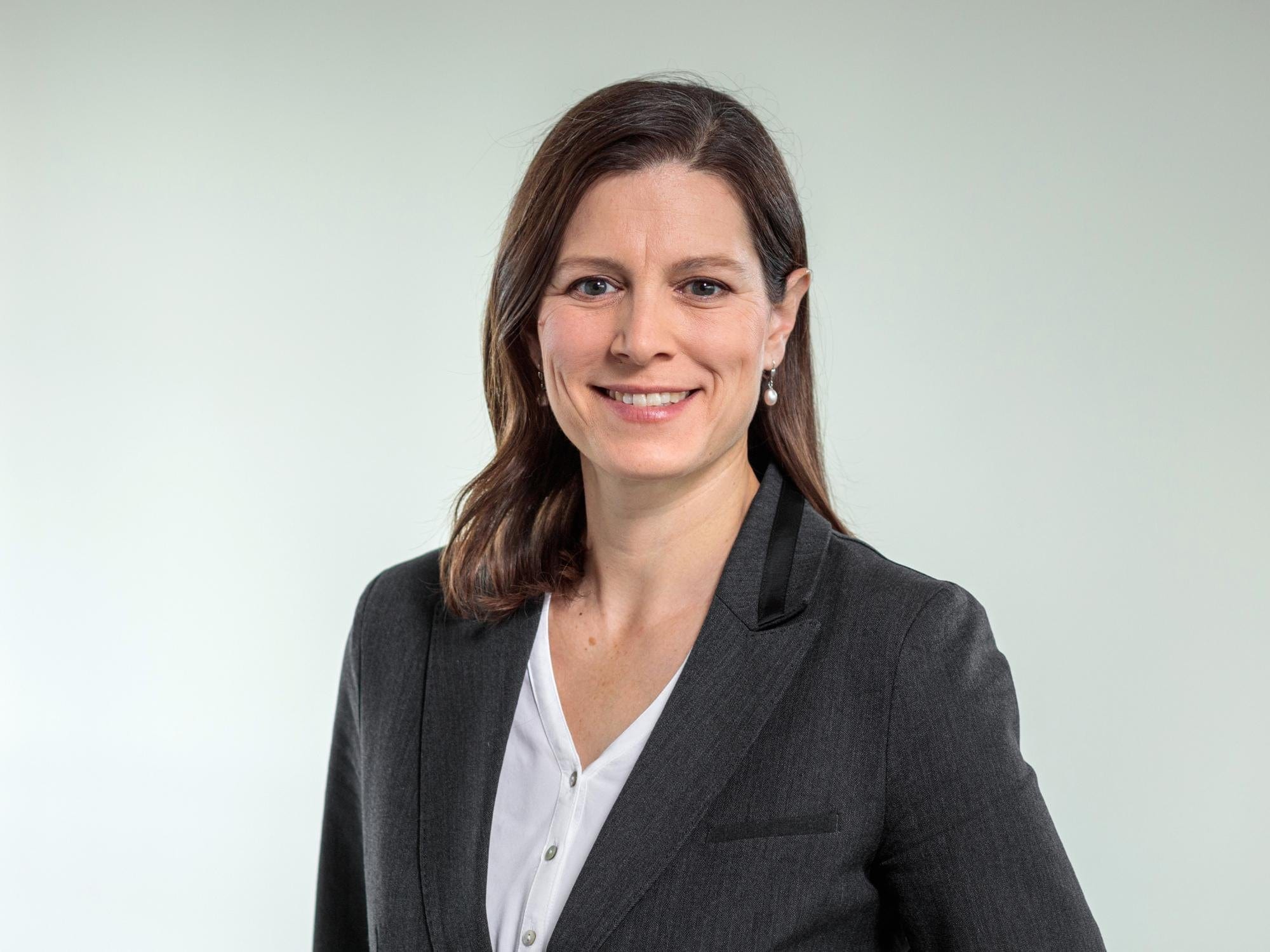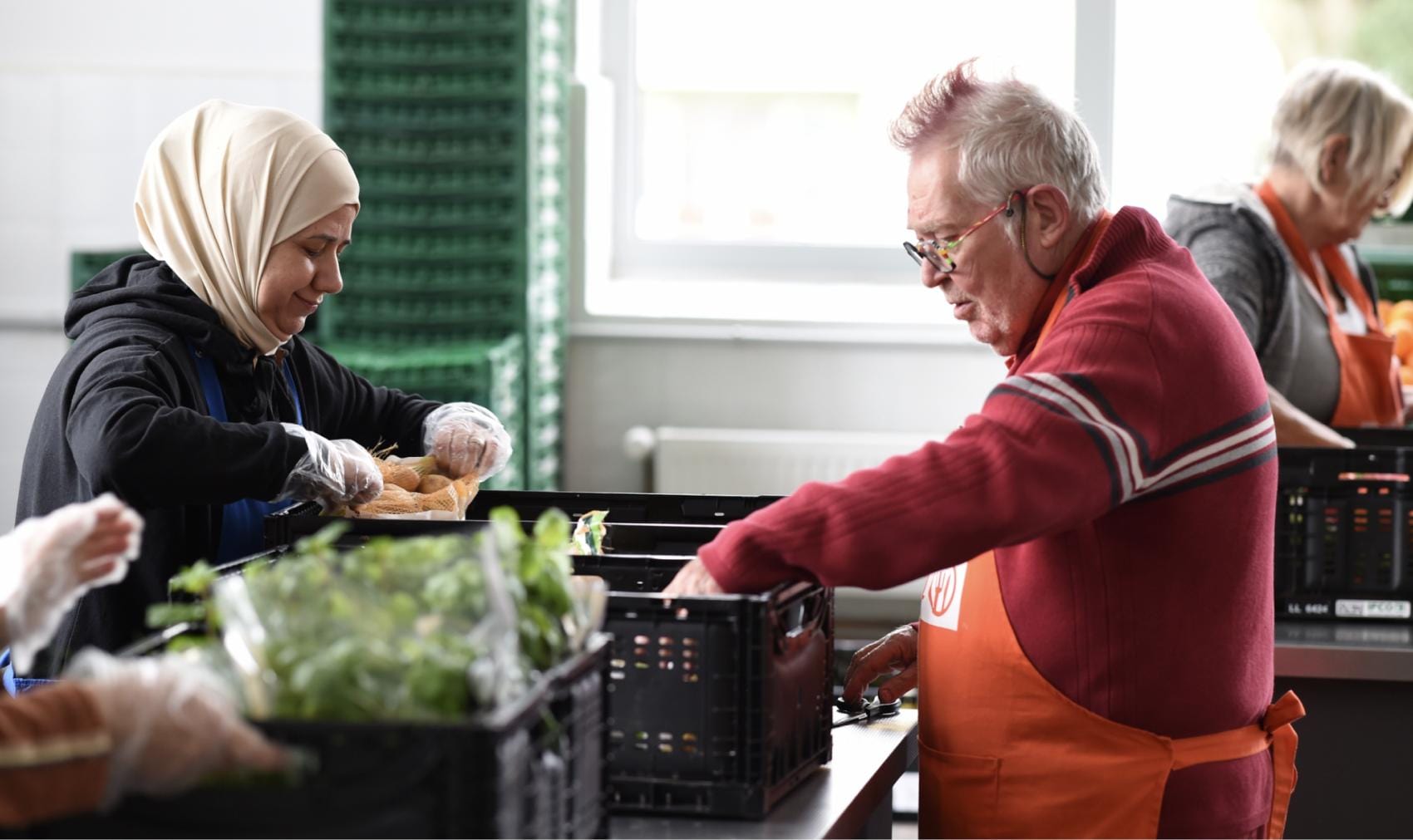February 20th is the "World Day of Social Justice" - an opportunity for us to focus on the topic of social justice at share. Because we want to make the world a little more just every day with our products and balance out the effects of social injustice. But what exactly is social justice? What are the biggest political and social grievances and what does the climate crisis have to do with it? The sociologist Prof. Dr. Matthias Quent has taken on the topic for us as a guest author. He shows the biggest problems that hinder social justice here and globally and explains how justice can be achieved.
Imagine you're taking part in an 800-meter race: you probably want to do well so you can run at the front and finish quickly, because those are the rules of the sport. You hear everywhere: 'You can do it on your own! You alone are the architect of your own happiness!' But suddenly you realize that the runners don't start at the same line: some start a hundred meters ahead of you, some behind you. How are you supposed to catch up? You try and make good progress. Then you realize that there are obstacles in your lane that others don't have to overcome. In the end, you fall behind. Is that fair? Did you even have a fair chance?
The situation is similar in society. Although our enlightened and democratic demands promise equal opportunities and equal rights, the conditions for a good life are unfairly distributed from the start. Chance decides in which region, in which family and social class, with which gender identity, with which skin color or with which health conditions a person starts life. Even later, strokes of fate can cause setbacks: accidents, illnesses, crises, the employer going bankrupt, environmental disasters or even war. None of this depends on one's own performance and it is no merit to be spared from obstacles.









